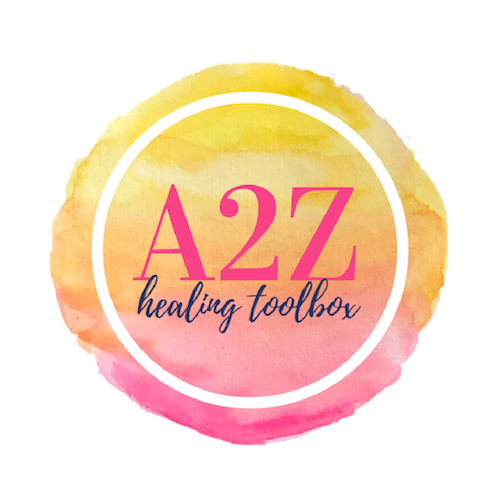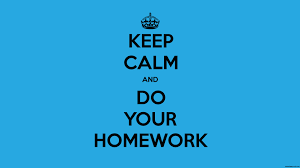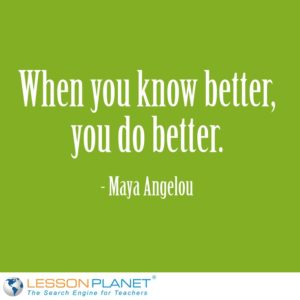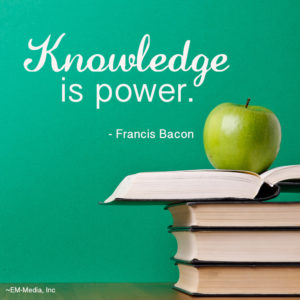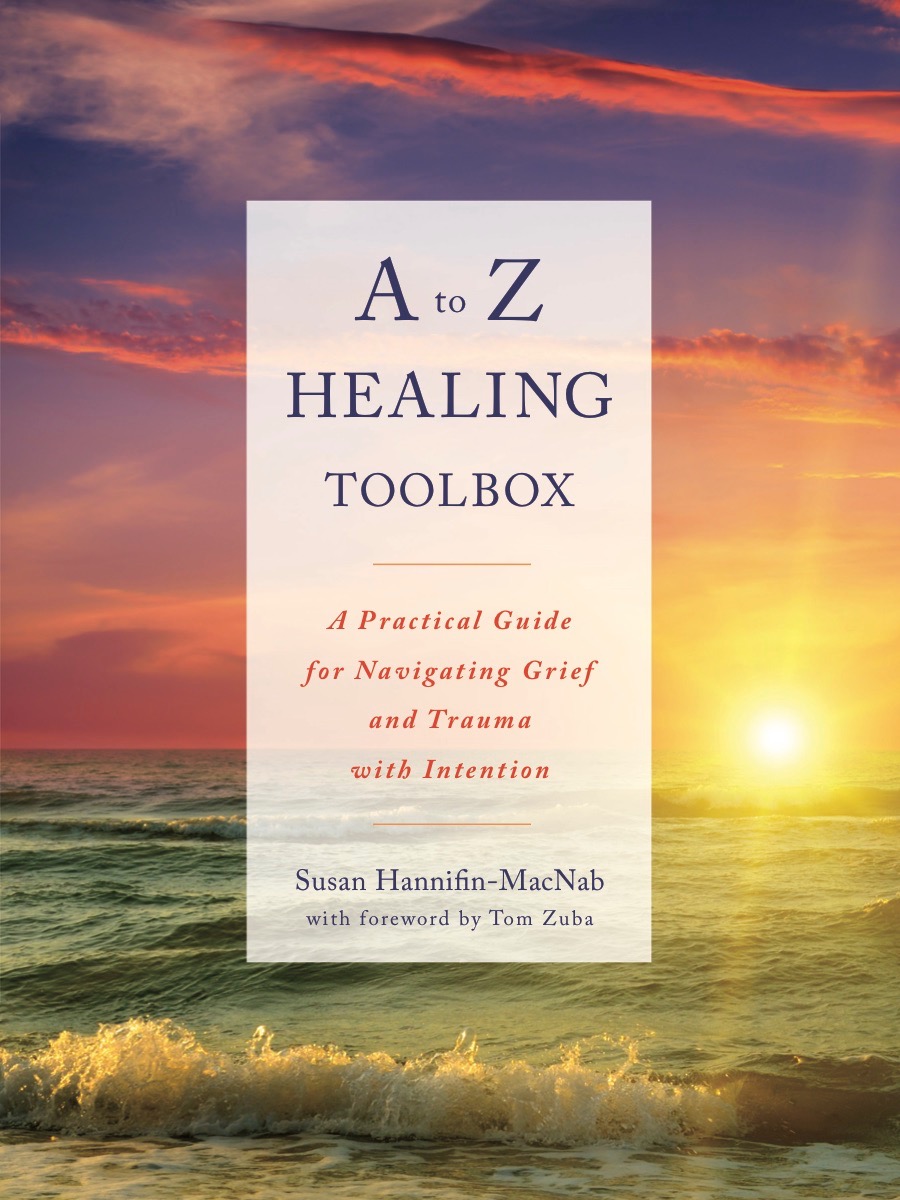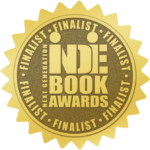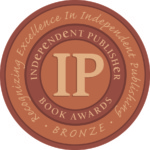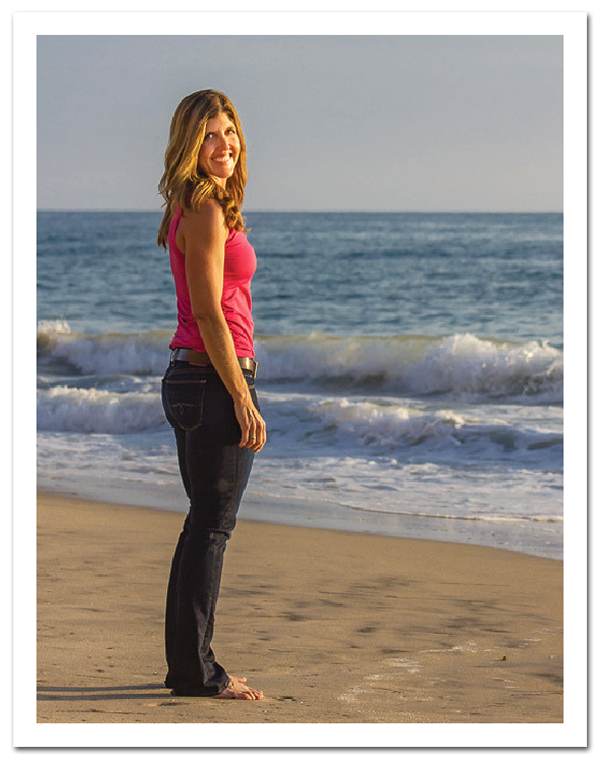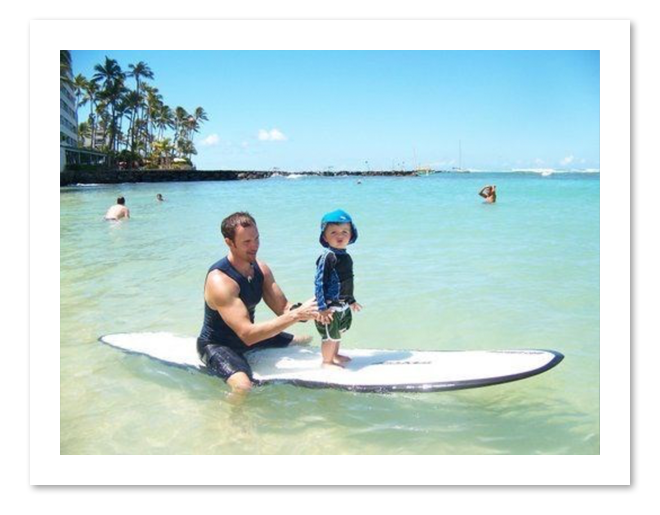Tom Nishioka, friend and guest blogger of “C ~ Counselors are the Sherpas”, offers here another testimony about the healing benefits of A2Z tools. This time he speaks about the importance and value of Doing Your Homework in order to help understand, process, and restore your life both during and after major loss.
“EDUCATION in the WORLD OF LOSS”
by Tom Nishioka
I’ve hesitated to write this piece, thinking that I might start, looking for the thread, and not liking any organizing principle or analogy.
Which in itself may be how your “education” in the world of dealing with loss will feel.
The phrase “Do Your Homework” has some applicability, but I want to assure you that it should not feel like or be interpreted as the pressure of an assignment, or a syllabus.
Unlike homework from school:
1) you should put it down if you don’t feel like it. If you want to sleep, sleep.
2) you don’t have to finish any book.
3) you can get others to do some of it for you (really).
4) It shouldn’t feel like work. It should feel like a refuge, learning, a space where you can breathe and take time to cope by listening to others.
5) It should feel like something that interests or helps you.
When there is so much in your world where you feel like you “can’t get into the whole thing” or “can’t talk about it”, your homework is to find resources, reading, talks, groups, videos or movies, counselors, clergy, meditation, somatic work, or whatever it is where you feel you CAN approach what has happened. And to take those resources in when you can.
Where the phrase “Do Your Homework” really applies is that you should remember to do an active search or outreach for resources. If you like watching sports and that feels like a refuge away from the stress of loss, that’s great, but it’s escaping the loss, rather than approaching it.
“Do Your Homework” means to find resources to help you process and feel better.
While not the most universal of analogies, what comes to mind is a skittish horse (you) first  coming into contact with its trainer — nervous, jumpy, and given to one-step forward, then turning tail and galloping away. That’s fine; stay away, but when you feel you have the energy, try another approach, another path in towards what’s causing you to turn away. Each of these approaches should feel natural to you, not like you or anyone close to you is pushing you from behind, cracking the whip.
coming into contact with its trainer — nervous, jumpy, and given to one-step forward, then turning tail and galloping away. That’s fine; stay away, but when you feel you have the energy, try another approach, another path in towards what’s causing you to turn away. Each of these approaches should feel natural to you, not like you or anyone close to you is pushing you from behind, cracking the whip.
You’ve got enough stressors in dealing with the memories of how the loss happened, coming to grips with what you couldn’t do to stop it, now being without the person you lost and having to deal with logistics, on and on. You can add more, I’m sure.
You don’t need more stress, and whip-cracking to “get somewhere”. You need things that explain to you, help you understand how to feel better, and make you feel better. Not all of them will come to you — sometimes you have to do a little research, and that’s Doing Your Homework.
****
You can have someone else do part of your homework for you — the research and finding options part. Or maybe it’s the taking care of insurance part to pay for accupuncture or some other body-based approach. Or maybe it’s someone to drive you to the group and have coffee with you after.
This need not be a solo assignment, and for me, it was much better for it not to be.
****
I will just share a few things that helped me, and were easy to do.
- As I noted in my “Counselors are Sherpas” post (see Blog C), I talked with social workers, psychiatrists, case workers. I work in commercial real estate investing in a number of major cities across the US, and in foreign countries. While I have coursework in statistics and macroeconomics and public policy, you know the best way to get detailed and expert information about a distant place, stuff that can really advantage you? Go meet someone who lives there. Someone who can speak your language and put the territory in those terms. You might have to meet 2 or 3, maybe more people to find the right one. But when you do it gives you a big hand up.
- Asking wise guides for recommendations. Anyone else I should talk to? Any resources I should find out about? Any groups? I asked a social worker at Cancer Care about books to read about helping someone with a terminal illness like my wife, and he suggested I read a book by Cathleen Fanslow, a lifelong hospice nurse who had been with hundreds of people and their families as the approached death. This is NOT a book that your friends are going to know about. It’s a specialized book in a certain voice. You may rather hear it from a different voice, perhaps one with more religiosity, but you’ll find that by asking wise guides.
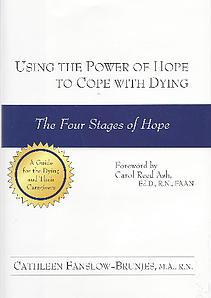
From that book I learned to trust that the terminally ill largely know and choose their own passage. Fanslow recites story after story as proof. It was a little more “everything happens for a reason” than I believe, but still, the body of stories held water to me. I hadn’t been the primary caregiver for anyone dying until my beloved wife. It could have been way more stressful for me and for her if I had been torn by worry to do exactly the right thing, to be there, to have everyone meaningful to her there, to spend this day or that day with her, to step out of the room to get coffee or not. But it wasn’t, because I had done some homework, and trusted in someone who had tons more experience and exposure than I have. That made my life during and after MUCH less hard. - Library, books on tape (www.audible.com), videos, movies, online podcasts.
Browse and swing from one book you like to another book by looking at the index or bibliography. Or just sample bits and make a snap decision if the tone resonates with you. I have largely stopped reading printed books or even kindle, I listen to things via my membership on audible.com.I guessed at a book called Life After Loss by Bob Deits on audible. A sample reading seemed ok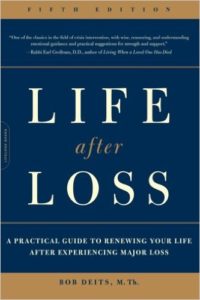 to me, so I got it. I had to drive my twin girls to Los Angeles, a 2 hour drive, and gave them books and games and things to play with in the back seat, and I put in headphones and listened there and back. I was feeling terrible at the time, and while not the most interactive parenting, it was still good parenting because I was trying to take care of myself.I also started listening to podcast of recordings of Buddhist teachers talking about life, loss, grasping, and the old standby: suffering. Dharmaseed.org has hundreds of teachers recorded. Most of them I can’t stand to listen to. But I found a few — Tara Brach, Ajahn Thanasanti, Jack Kornfield — who really helped me to relax and feel better.I should also point out that NOT ONLY IS ONE RESOURCE NOT RIGHT FOR DIFFERENT PEOPLE, one resource will not be right FOR THE SAME PERSON, depending on what stage of coping they are in. I liked listening to talks by a teacher named Pema Chodron for a while. But as my wife got sicker and sicker, suffered more and more, one night I sprung up and threw the speaker across the room and shouted “Shut UP Pema Chodron, you don’t know what we are going through and you don’t know what the f–k you are talking about.”That was my way of saying “this isn’t helping me right now.” and that’s fine.Approach, and turn around and hightail it the other way.Just remember to seek out another approach.
to me, so I got it. I had to drive my twin girls to Los Angeles, a 2 hour drive, and gave them books and games and things to play with in the back seat, and I put in headphones and listened there and back. I was feeling terrible at the time, and while not the most interactive parenting, it was still good parenting because I was trying to take care of myself.I also started listening to podcast of recordings of Buddhist teachers talking about life, loss, grasping, and the old standby: suffering. Dharmaseed.org has hundreds of teachers recorded. Most of them I can’t stand to listen to. But I found a few — Tara Brach, Ajahn Thanasanti, Jack Kornfield — who really helped me to relax and feel better.I should also point out that NOT ONLY IS ONE RESOURCE NOT RIGHT FOR DIFFERENT PEOPLE, one resource will not be right FOR THE SAME PERSON, depending on what stage of coping they are in. I liked listening to talks by a teacher named Pema Chodron for a while. But as my wife got sicker and sicker, suffered more and more, one night I sprung up and threw the speaker across the room and shouted “Shut UP Pema Chodron, you don’t know what we are going through and you don’t know what the f–k you are talking about.”That was my way of saying “this isn’t helping me right now.” and that’s fine.Approach, and turn around and hightail it the other way.Just remember to seek out another approach. - Groups. Groups can help you “Do Your Homework” NOT only because you can talk to people
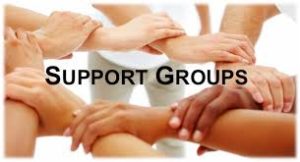 who are living in the same landscape as you, and who can share what has helped them, but also because you can see yourself in others. Sometimes we feel angry, sometimes not. When you go to a group and you’re feeling even-keeled, but someone else is angry about the loss and is expressing that, you can see that part of yourself externalized. You can hear those thoughts spoken out loud, talk back to them, or just follow your own reaction to them.I went to a group in New York City for a year, and it was a great place for me to breathe, and learn. When I moved to Southern California, I looked for a weekly group to join, but didn’t find any that felt right. I met Susan Hannifin-MacNab in the Soaring Spirits Regional Group (www.soaringspirits.org) monthly peer support group she organized and that was great for me for a time. But then I felt alright, without needing to get a separate place to breathe.****
who are living in the same landscape as you, and who can share what has helped them, but also because you can see yourself in others. Sometimes we feel angry, sometimes not. When you go to a group and you’re feeling even-keeled, but someone else is angry about the loss and is expressing that, you can see that part of yourself externalized. You can hear those thoughts spoken out loud, talk back to them, or just follow your own reaction to them.I went to a group in New York City for a year, and it was a great place for me to breathe, and learn. When I moved to Southern California, I looked for a weekly group to join, but didn’t find any that felt right. I met Susan Hannifin-MacNab in the Soaring Spirits Regional Group (www.soaringspirits.org) monthly peer support group she organized and that was great for me for a time. But then I felt alright, without needing to get a separate place to breathe.****
This is not completely foreign territory. The Bob Deits book I read/listened to did me the favor of pointing out to me that loss of someone close to you is just ONE of the causes of grief, and just the most obvious ones. Other common triggers of feelings of major loss are: moving from a city you have lived in a long time, divorce or split of a love relationship, losing your job/career/business, confronting recognition of past abuse. But there are other things that can cause tremors or quakes as well — loss of a pet cat, a friend moving away, change in the way a family member deals with you.These are all threads in the fabric of our lives, and when that fabric gets torn somehow, there opens a hole that we have to deal with, to get used to. Even just to accept that the fabric that we foresaw stretching out in front of us will not be woven.Unfortunately, no one will be a stranger to loss. You have probably encountered loss situations in the past, and you can think of those as some guide and some education as well.****There are a LOT of resources out there, lots of people and approaches that can help you to learn the landscape and find your way through it. If you think about it, that’s good and that’s appropriate, because coping with loss is one of the most common experiences across all people, and one where life priorities and understandings of ourselves become more visible.
However, in our culture, we spend more time looking at ads for fashion, or cars, or working, or seeking pleasures, or watching sports. It’s healthy to deny our mortality to a certain degree- temporal pleasures fuel a lot of productivity and progress, and it can be paralyzing to really confront and face our mortality.
For some periods in our lives, we don’t read the books about loss, death or hospice. Our culture says, “WHY WOULD YOU?” Yet the books and resources are there, under the surface. You just have to do a little homework, seizing those moments when you really want to find a new approach.
